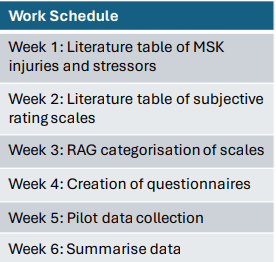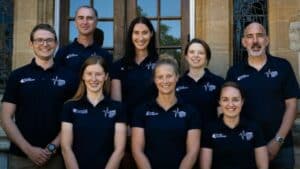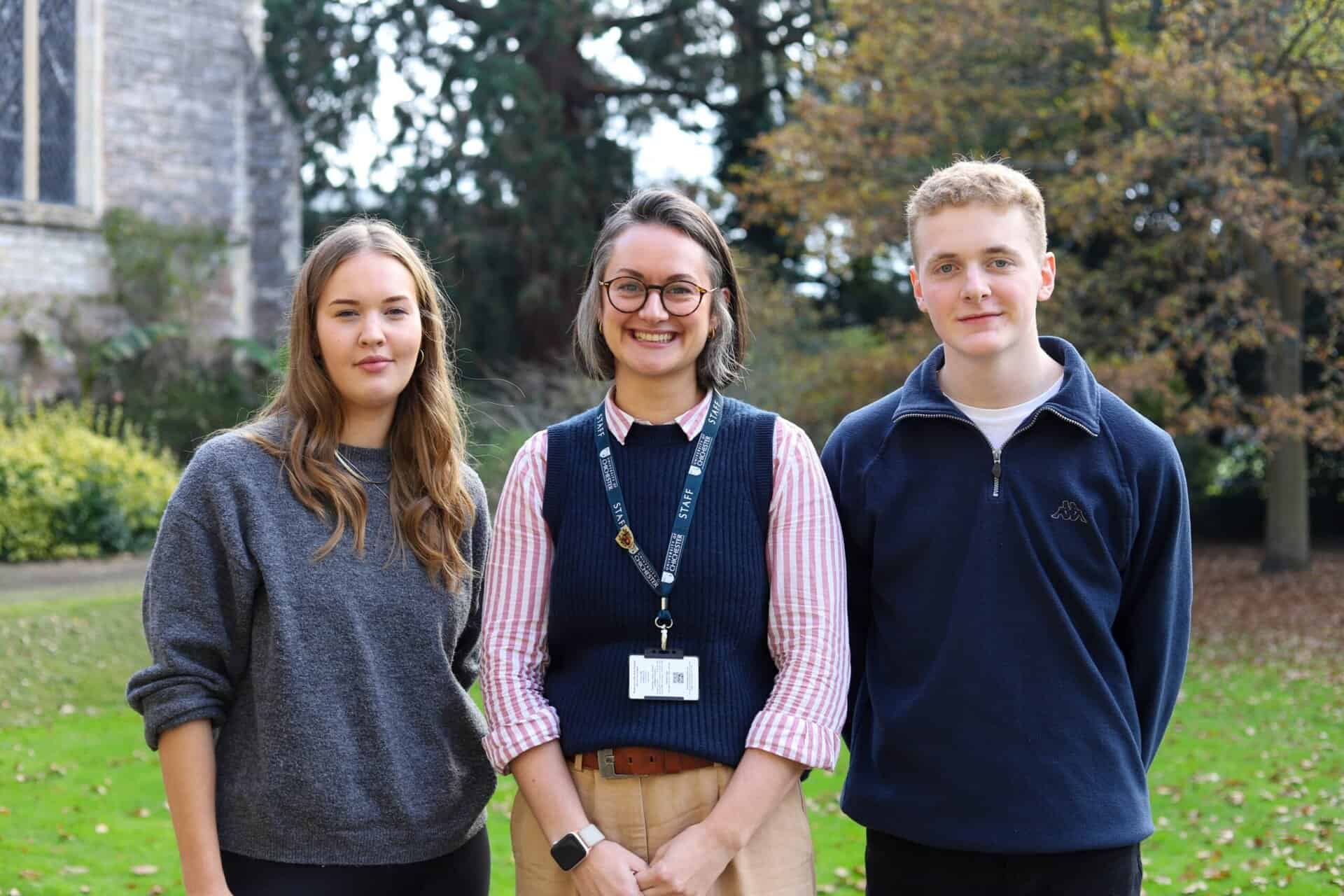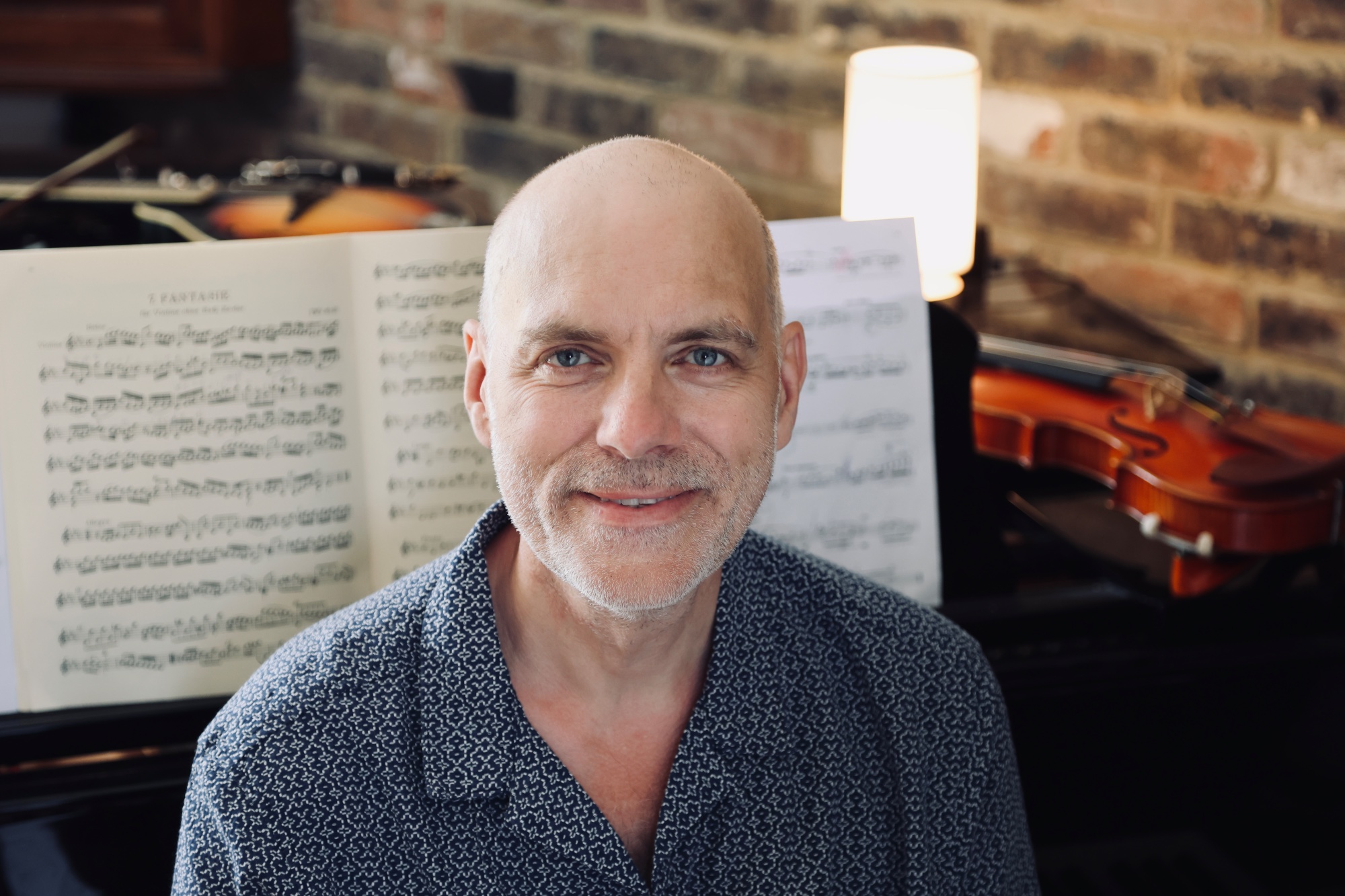Completing a Research Placement with the Occupational Performance Research Group, by Sam Hancock
For the last six weeks, I have had the fortune and pleasure of working on a research placement within the Occupational Performance Research Group (OPRG) (pictured right), as part of the BSc Physiotherapy course I am currently studying. The OPRG are responsible for producing a plethora of research from a multitude of subject areas to improve the selection process, performance, protection, and health of personnel working within physically demanding occupations, such the military and emergency services. The team consult and work with organisations to scientifically quantify mechanisms, which enlighten evidence-base solutions for implementation into real-life situations. Some of the research themes covered by the OPRG comprise:
• Optimising cognitive performance
• Physical employment standards
• Physical activity exposure
• Physical and nutritional demands of work and training
• Thermal strain of work tasks
• Optimising physical training programmes
• Nutritional strategies to enhance recovery and adaption
The main aim of the placement was to develop daily monitoring questionnaires for active populations to assess the presence and impact of risk factors and stressors that contribute to musculoskeletal injuries. This work would contribute to the research team’s wider study on the subject within occupational and military personnel.

The placement was very well paced with a new task set weekly (see Work Schedule, bottom left) and the collation of that work reviewed a week later. The work type reflected that of the research process, with initial literature reading and gathering, progressing to data collection tool analysis, and culminating in pilot data collection and summary.
During the placement, I had the opportunity to join the Military Human Performance Research Field Trip with those students studying physiology-related Masters programmes. This entailed visiting both the Royal Army Physical Training Corps Headquarters in Aldershot, and the Royal Military Academy at Sandhurst. The former included a tour of the facilities, and discussion about the underpinning science and application in military training. At the latter, we had the chance to meet with Army researchers, visit their lab, and hear a presentation about their past and ongoing projects – this I found particularly interesting as it detailed many studies on female physiology and biology in regard to military training and lifestyle (which is a topic area that I am fascinated by!).

The skills and processes learnt on this placement could easily be transferred to inform my physiotherapy practice by searching and collecting good resources for evidence-based exercise interventions and treatment, using systems to evaluate the best interventions to use, then trialing these interventions to test and record their effectiveness, and apply my clinical reasoning.
I thoroughly enjoyed my time with the OPRG; not only was it enlightening to learn about what, how and why the research team do what they do, the tasks and project were especially engaging too. Additionally, it was empowering to be given so much autonomy and leadership. I would highly recommend embarking on a research placement!





